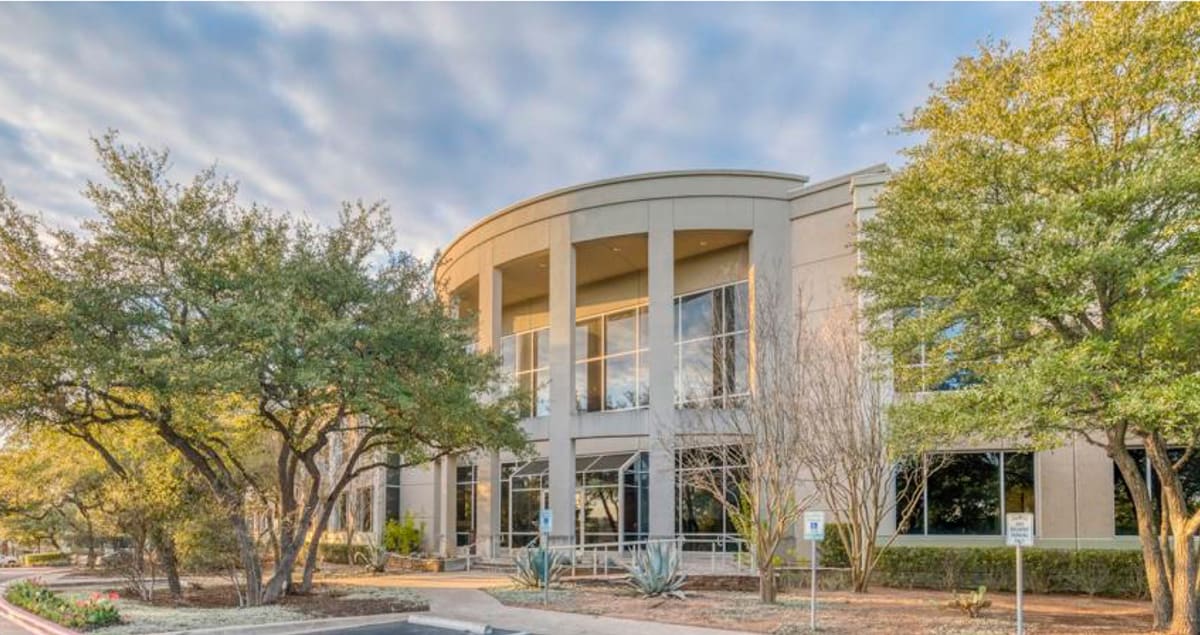The 15-Minute City concept is already making a difference in locations like Paris and Copenhagen – but thanks to the increasing popularity of flexible workspaces, the concept is now gaining traction in the USA.
The idea of the 15-Minute City has caught the imaginations of policymakers around the globe – and as countries emerge from the Covid-19 pandemic and a new world of work takes shape, it seems closer than ever to becoming a reality.
The concept – originally the brainchild of Professor Carlos Moreno at the Sorbonne – reimagines towns and cities as patchworks of interconnected neighbourhoods where people can live, work and play. At the heart of the idea is the intention that everything a resident might need should be within a fifteen minute walk or cycle ride.
The 15-Minute City is already informing government plans in European cities such as Paris, Brighton and Copenhagen, but is now growing in popularity in the USA, too. By offering access to state-of-the-art coworking, office and meeting facilities in suburban areas as well as traditional business district locations, flexible workspace providers such as IWG have become key players in paving the way for this new way of living and working.
Here, we look at several American cities that are leading the way when it comes to providing the flexspace that could bring the 15-Minute City to life.
Portland, Oregon
Portland, Oregon has had an ambitious neighbourhoods plan since 2010. Its objective is that by 2030, 90% of Portland residents will be able to walk or cycle to meet their basic needs. Retail, transit and parks all form part of the proposals, along with a major expansion of pavements, street connectivity and general pedestrian access.
In order to achieve this goal, city leaders took a closer look at local business district centres along major transport ‘corridors’ and explored ways of enhancing accessibility. The result was an analysis of the city’s neighbourhoods (24 sectors, some encompassing several areas) with a 'hotspot' heatmap that identified those with the easiest access to commercial services and amenities, such as grocery stores.
Portland now has the highest rate of commuting by bike of any major US city and was recently ranked ninth out of 150 cities in US News & World Report’s annual list of the best places to live in the United States.
Flexspace is playing an important role in further helping the city achieve its goal – it currently boasts two Spaces locations, Slabtown and MLK, as well as five Regus centres.
Austin, Texas
Demand for flexible workspaces has been booming in Austin, Texas, for a while now. According to CBRE stats from 2019, the industry’s share of the city’s overall office market increased 0.6% from the second quarter of 2018 to the second quarter of 2019, rising to 2.4%. Back then, flexible workspaces accounted for some 1.233million sq ft of the city’s total office footprint, with Regus accounting for 20.4% of this.
The dominance of tech and science firms and a thriving startup scene are considered major drivers of this demand, and the post-pandemic thirst for hybrid working is likely to further fuel the growth of flexspace. Indeed, there are already Regus centres in 14 locations across the city, providing members with access to private offices, excellent coworking desks and meeting rooms.
Austin is being seen as one of the potential trailblazers for the 15-Minute City, with large firms setting up workspaces in suburban locations instead of city centres, enabling people to work closer to where they live.
Detroit, Michigan
Since 2016, Detroit – a city famous for the manufacturing of cars – has been transforming the city from a driver’s paradise to a haven for walkers and cyclists. To achieve this, city officials have worked to improve the metropolis’s transportation network, building a new subway line, bus rapid transit service and an extensive network of bicycle lanes.
The plan also includes using densely built-up areas such as downtown Detroit, which was historically designed for cars, as an opportunity to develop walkable neighbourhoods.
Now flexible workspaces are moving in to help Detroit further achieve its goal. In February 2021, IWG announced its first US franchising deal to open seven Regus centres in the Detroit metro area. The first location opened in Birmingham and others are planned for Farmington Hills/West Bloomfield, Auburn Hills, Utica, Rochester Hills, Warren and Livonia.
New York City
Last year during his New York City mayoral campaign, the former US Housing and Urban Development Secretary Shaun Donovan pledged to transform neighbourhoods into 15-Minute Cities, saying that some New Yorkers “have never known a city where all they needed wasn’t within reach, and now it’s time we make that the reality for all of our residents”.
While he may not have won the election, his dream is slowly becoming a reality as, like in many other US cities, flexible workspaces continue to grow in suburban locations.
Indeed, IWG opened its first location in the heart of Williamsburg, Brooklyn, in December 2020. Spaces Williamsburg retains many of the original features of the building – a former textile factory – and is moments away from several subway lines.
“Spaces Williamsburg is a paradigm of the modern workspace,” says Wayne Berger, IWG’s CEO for North America. “With an established entrepreneurial community on its doorstep, the centre is exceptionally located for the big companies through to startups and freelance professionals looking for first-class facilities and a minimal commute.”
The Williamsburg location is one of a number of prime properties that have recently become part of the IWG network. Eight new shared-office centres in locations including New York will soon be open, with one located on NYC’s Park Avenue South and another opposite Penn Station. Further openings are planned in Chicago and Philadelphia.
Discover how IWG is helping thousands of brokers across the world find the right office space for their clients.






